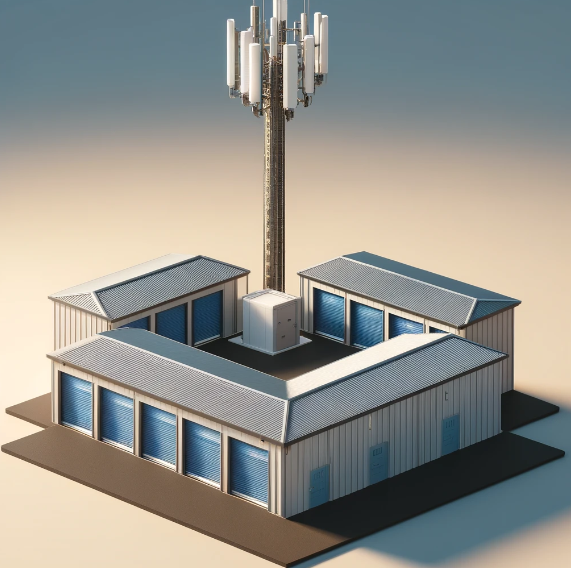Cingular AT&T Sued for Cell Tower Lease Renegotiation Letters
Cingular was sued by the City of Parma, Ohio for letters that they have sent to the landowners who have cell tower leases with them. These letters essentially imply that by renegotiation the lease rate down, that the landowner will put themselves in a better position when Cingular starts terminating the duplicative tower sites that they have after the AT&T Wireless merger. When landowners have called the number on the letter- they rarely talk directly to a Cingular employee. Instead they speak with “agents” of Cingular who know little to nothing regarding their specific cell site or cell tower, other than what the lease terms are. The “agents” use high pressure tactics and suggest that failure to negotiate will increase the risk of termination. The problem is that in many cases, there is little chance of the leases being terminated unless there truly is a duplicative site nearby. However, most landowners don’t know where the nearest tower is and even if they do know, cannot ascertain is their tower is truly duplicative or if Cingular is “bluffing”. And very few landowners can determine which tower is preferable or if negotiating makes any difference. Apparently, the judge disagreed with these letters and tactics and issued an order.
This order requires Cingular to send letters to all landowners who received these cell tower lease renegotiation letters earlier and tell them that they are not necessarily going to terminate the cell tower lease or cell site lease if the landowner chooses not to negotiate. The order further requires Cingular to allow anyone who has signed an agreement to renegotiate their cell tower lease or cell site lease to back out of that agreement.
It is important to note that the order does not stop or inhibit Cingular from terminating the cell tower or cell site leases. Cingular can and will continue to do so if they can under the lease language AND they don’t need the site anymore because of duplication.











